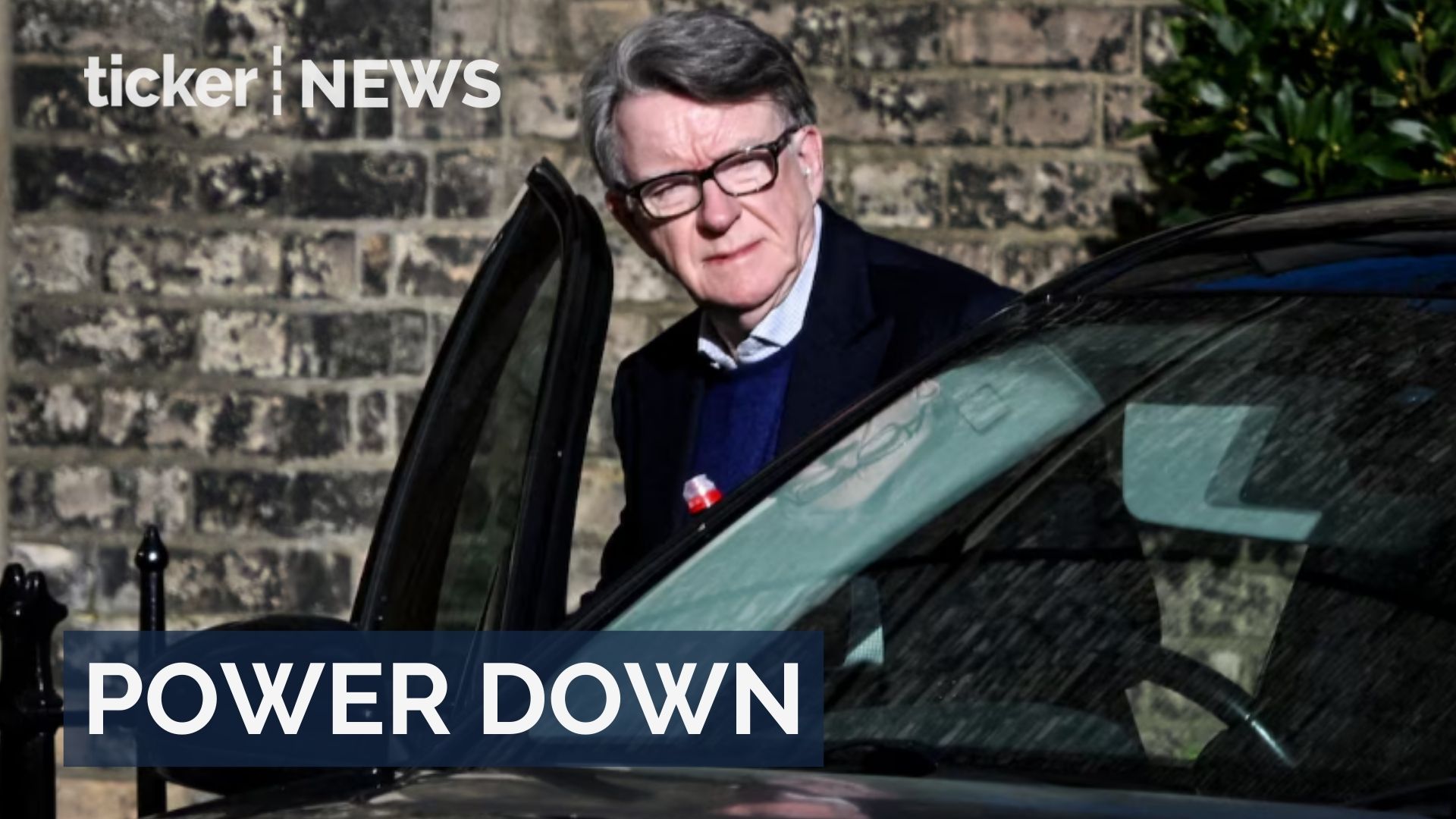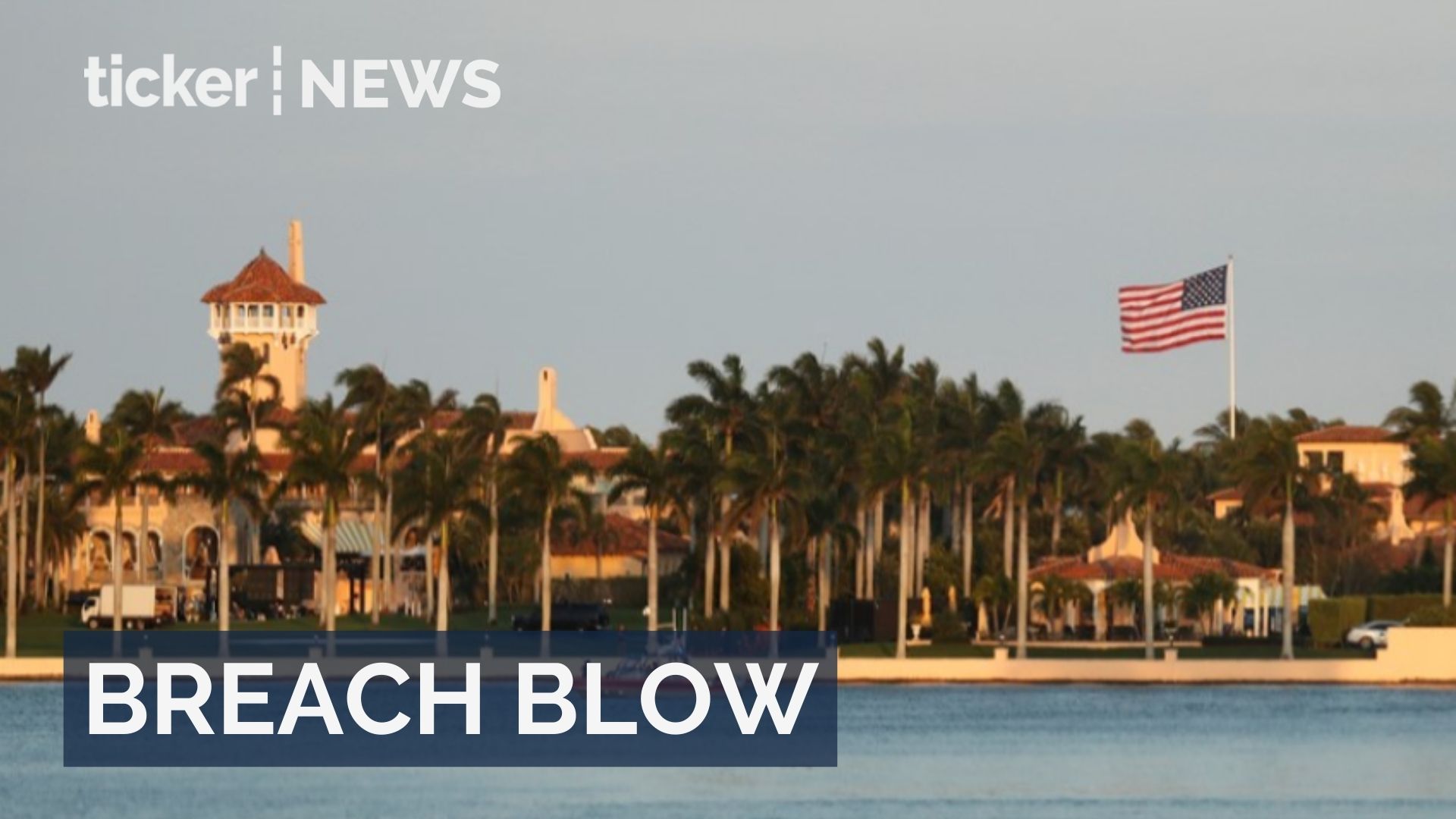News
Terror in Turkey: how common are women terrorists?
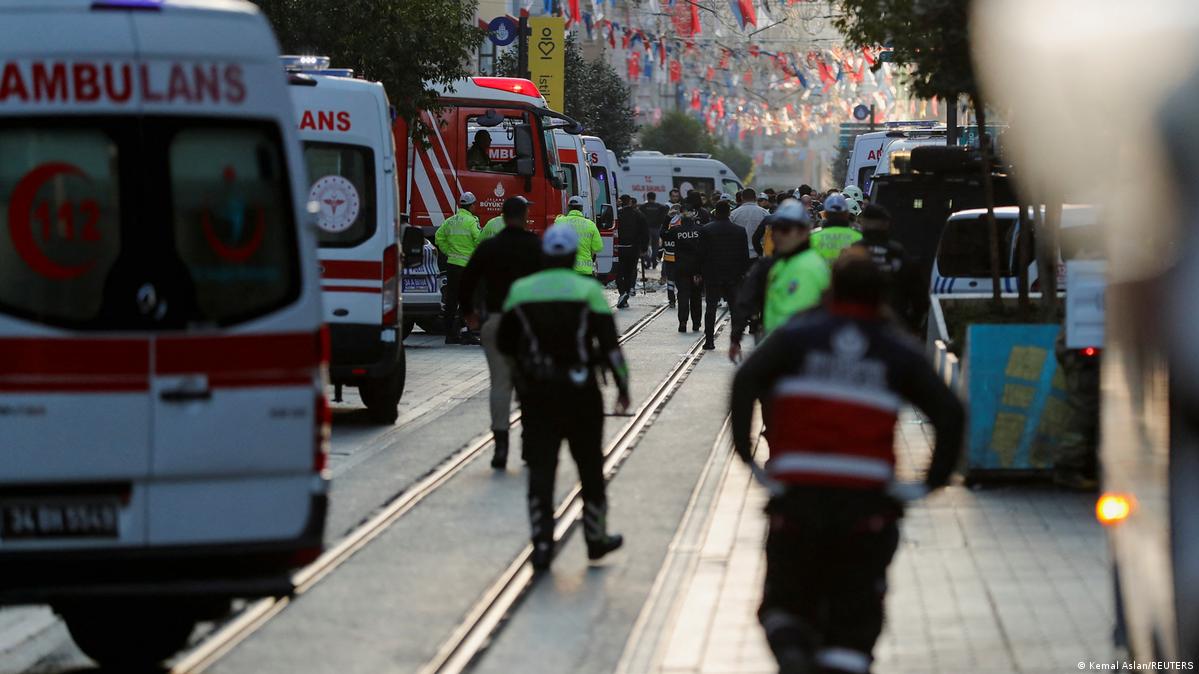
News
Notorious cartel leader El Mencho killed amid retaliatory violence
El Mencho, Mexico’s wanted cartel leader, killed in Jalisco; violence erupts nationwide, authorities on high alert.
News
Peter Mandelson arrested in London over alleged Epstein links
Former UK ambassador Peter Mandelson arrested in London linked to Epstein and alleged misconduct, denies any wrongdoing.
News
Man shot dead after breaching security at Mar a Lago
Man in 20s dies after breaching Mar-a-Lago, armed; Secret Service opened fire, citing no immediate danger inside.
-



 Tech4 days ago
Tech4 days agoSam Altman predicts superintelligence could appear by 2028
-



 News4 days ago
News4 days agoAndrew Mountbatten-Windsor released after 12-hour questioning
-



 Money4 days ago
Money4 days agoOil hits seven-month high, and gold surpasses $5,000 amid US-Iran tensions
-

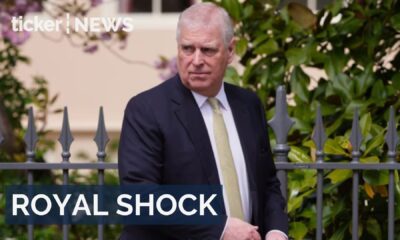

 Ticker Views4 days ago
Ticker Views4 days agoPrince Andrew arrested: What it means for the Royal Family
-

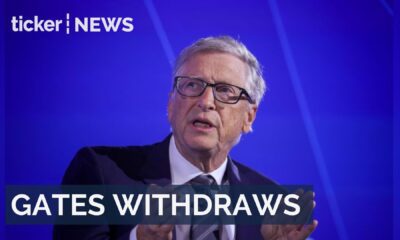

 News4 days ago
News4 days agoBill Gates withdraws from India AI Impact Summit before keynote
-



 Leaders4 days ago
Leaders4 days agoYoung author Maya Ahmed publishes debut novel at 13
-

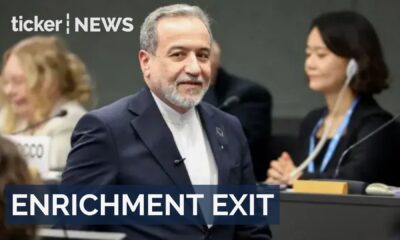

 News1 day ago
News1 day agoIran signals nuclear concessions as U.S. talks intensify
-



 Money4 days ago
Money4 days agoUS dollar strength hits NZ dollar amid FX market shifts





